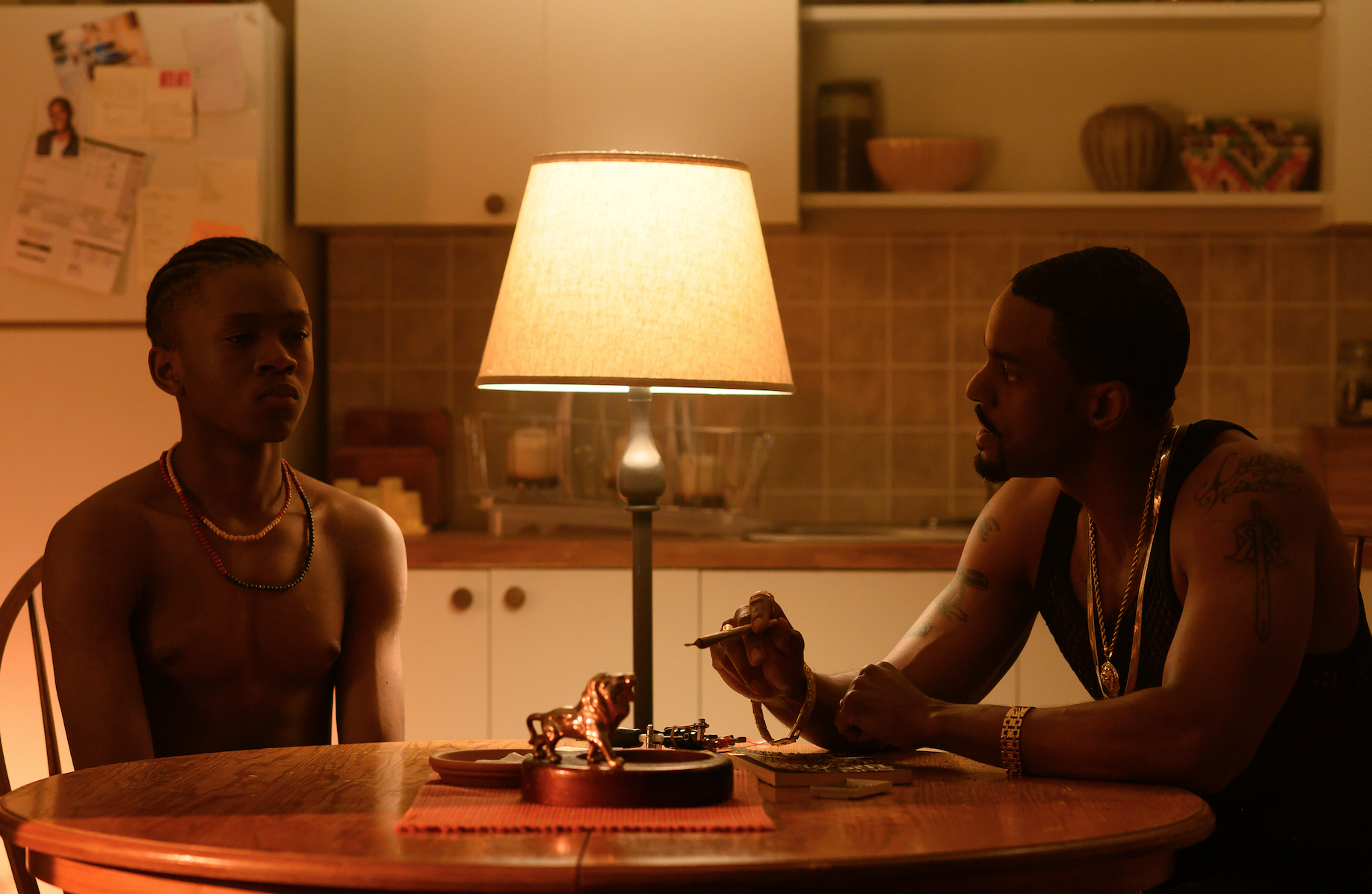

Broken into “Exhibits,” this emotive crime feature explores the lingering impacts of Jamaica’s tumultuous political scene of the late 1970s and 1980s on the gang-strewn streets of Toronto. In the aftermath of a marijuana robbery gone haywire, we watch as the protagonist, played by spoken word star Saul Williams, tries to right wrongs that began many years before.
Filmmaker Charles Officer recently answered some questions via email.
The introduction is like a crash course in Jamaican politics. How much do the politics of the late 1970s and early 1980s still affect life for the country’s expats?
I can speak to the effects of political warfare, which, from what I understand, had a profound impact on my parents and extended family. This is partly why I wanted to make this film.
Sadly, my mother and many familial elders who are now in their late seventies never returned to Jamaica after they escaped the height of those violent times. The trauma they experienced out of corrupt governance created a polarizing attitude toward the country and home they loved. No matter where people live across the globe, people want to provide a safe environment for their children, and that is essential to survival.
Is there a large Jamaican population in Toronto? Is it accurately depicted in the film, with many gangs and drug conflicts?
Toronto has the largest Jamaican population in Canada, and the community is deep and vibrant. I am proud of my community and our resilient spirit.
Although the film renders criminal activities within the community, I am not saying this is all that we are. The intention was to draw a historical connection between politics and gang culture from a specific point of view. And I wanted the film to be an authentic and emotional dramatization about cycles of trauma that entrap black youth in the city I grew up in.
Why were the series of “Exhibits” selected as a way to organize the film?
The idea came pretty early in the writing process. In the opening scene, a detective tells young Akilla anything he says can be used as evidence. I wanted to create visual identifiers or chapters if you will, that play into the notion of presenting evidence of Akilla Brown’s journey to redemption.
Is this a tale of redemption? How do you believe viewers will interpret the film?
Absolutely, Akilla’s Escape is a tale of redemption. As well, fathers and sons, and sacrifice. The hope is that viewers will interpret the film as a crime noir and that, at its core, it examines these pushes and pulls between histories of violence and what it costs for some sort of change.



